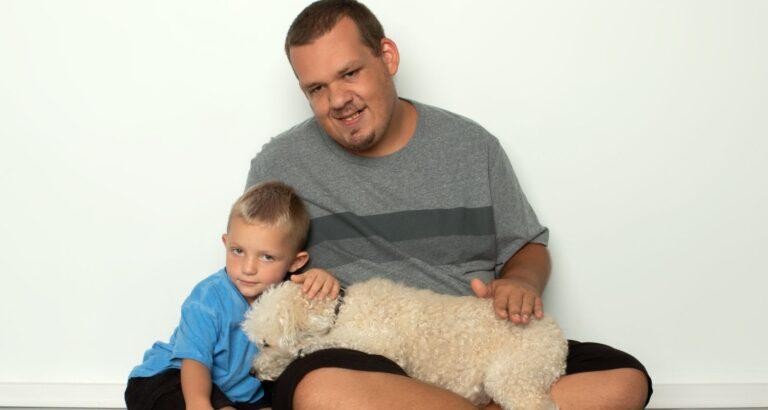Independent living programs provide young adults with the skills and resources needed to manage daily life independently. These programs focus on teaching essential skills such as budgeting, cooking, job readiness, and time management to help participants transition smoothly into adulthood.Young adults who participate often come from foster care, group homes, or other transitional environments where support is limited. The programs offer structured guidance while encouraging self-reliance and confidence to navigate personal and professional challenges.By addressing practical needs and emotional growth, independent living programs aim to reduce homelessness and increase success in education and employment. This holistic approach equips young adults with tools for long-term stability and independence.
Key Features of Independent Living Programs for Young Adults
Independent living program focus on equipping young adults with practical skills and knowledge necessary for self-sufficiency. These programs address personal growth, educational goals, and financial responsibilities to prepare participants for adulthood.
Personal Development and Life Skills Training
Participants learn essential life skills like cooking, cleaning, and time management to handle daily responsibilities independently. Programs often include communication skills, conflict resolution, and emotional regulation to improve personal and social interactions.Self-care routines and healthy lifestyle habits are emphasized. This helps young adults develop confidence in managing their well-being. Support in goal-setting and decision-making encourages long-term independence.
Education and Career Planning
Programs offer guidance on education options, such as high school completion, GED programs, and higher education choices. Career counseling includes resume building, job search strategies, and interview preparation.Many programs provide access to internships or vocational training to build work experience. They also help participants understand workplace expectations and develop professional behavior.
Financial Management and Budgeting
Understanding money management is a critical focus. Participants learn to create budgets, track expenses, and prioritize spending to avoid debt.Programs teach how to manage bank accounts, pay bills, and save for future needs. They often include information on credit scores, taxes, and accessing financial aid or benefits.
Selecting the Right Independent Living Program
Choosing an independent living program requires evaluating key factors like credibility, services offered, and eligibility. These elements determine whether a program can effectively support a young adult’s transition to self-sufficiency.
Assessing Program Accreditation and Reputation
Accreditation ensures that a program meets specific standards of quality and safety. It is important to verify if the program is recognized by reputable agencies such as the Council on Accreditation (COA) or similar bodies.Reputation can be gauged through reviews, testimonials, and referrals from social workers or former participants. Programs with transparent outcomes and data on success rates tend to be more reliable.Checking for compliance with local and federal regulations also helps confirm the program’s legitimacy. A strong reputation often correlates with well-trained staff and effective curricula.
Support Services and Community Integration
Effective programs provide a range of support services including life skills training, counseling, employment assistance, and educational support. These are essential for helping young adults manage daily responsibilities independently.Community integration opportunities like internships, volunteering, or social activities help participants build relationships and networks. Programs emphasizing this connection can improve long-term stability and confidence.It is crucial to assess whether services are individualized to match each participant’s needs. Programs offering ongoing mentoring or case management can better adapt to challenges as they arise.
Eligibility Requirements and Application Process
Eligibility criteria often include age limits, background checks, and an assessment of needs or current living situations. Some programs target specific groups, such as foster care alumni or youth with disabilities.The application process may require documentation like proof of income, education records, and medical history. Timelines and the complexity of this process vary widely by program.Understanding deadlines, required interviews, or assessments can prevent delays or denials. Clarity about what is needed upfront helps applicants prepare effectively and increase their chances of acceptance.

